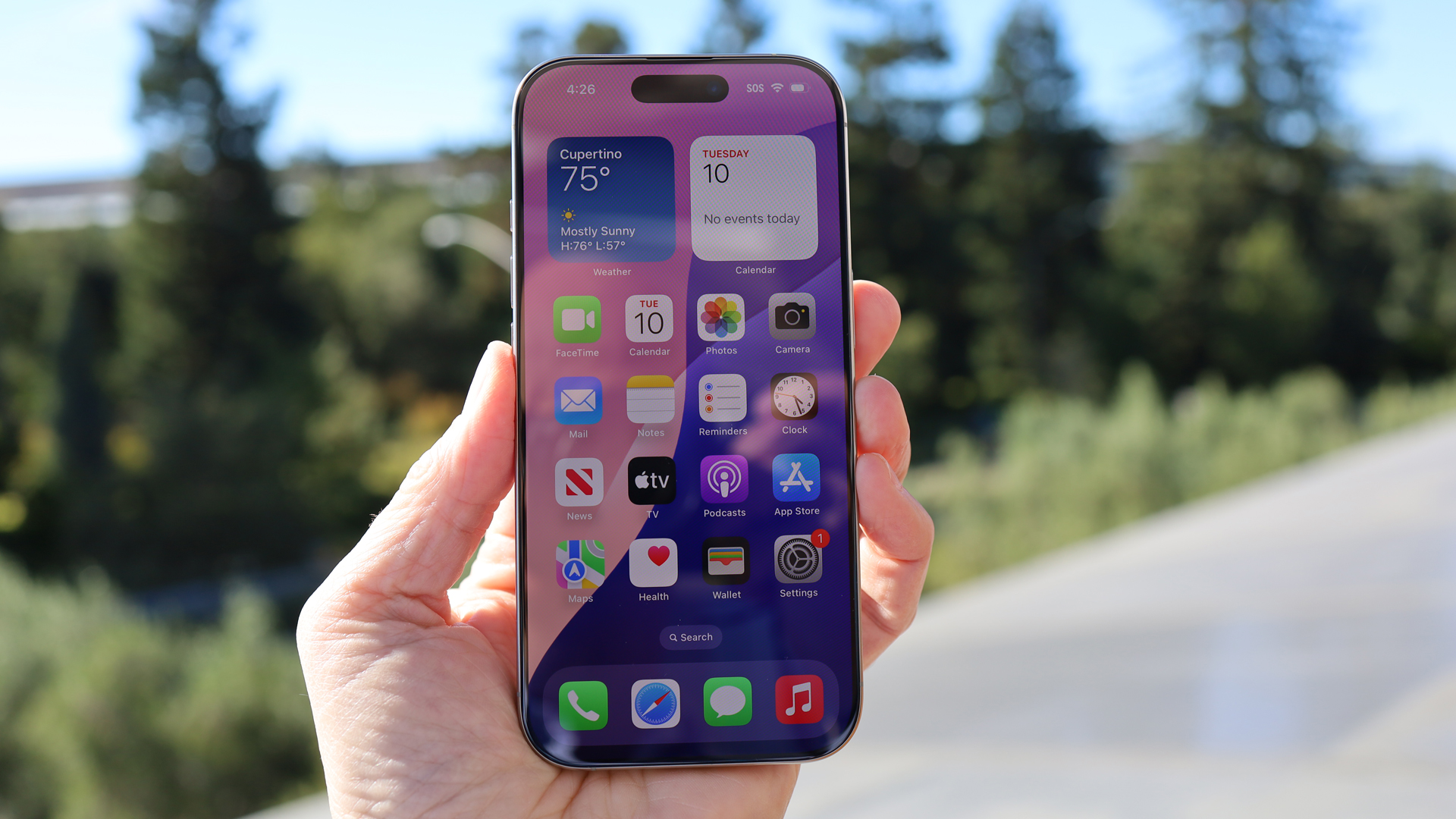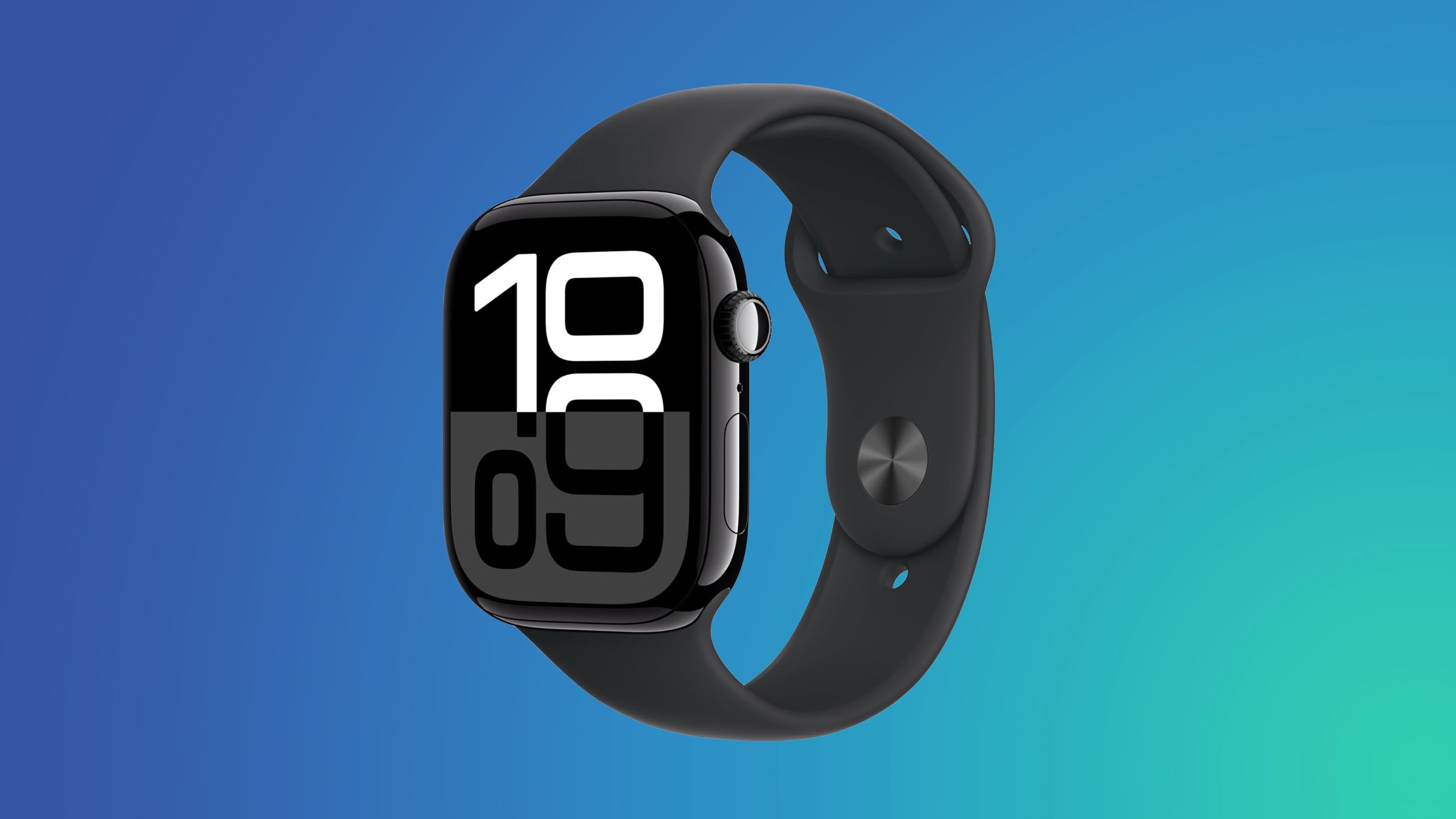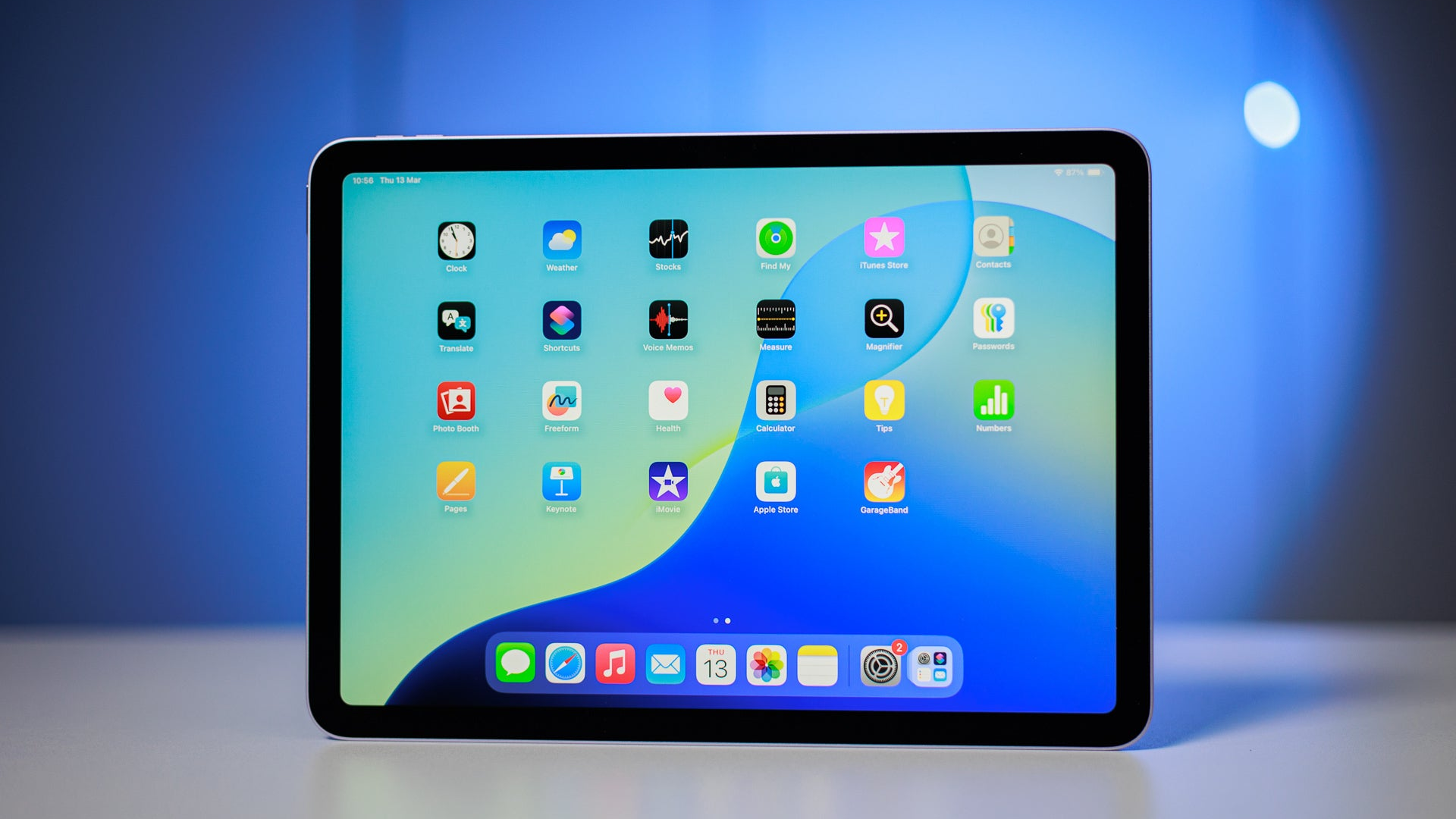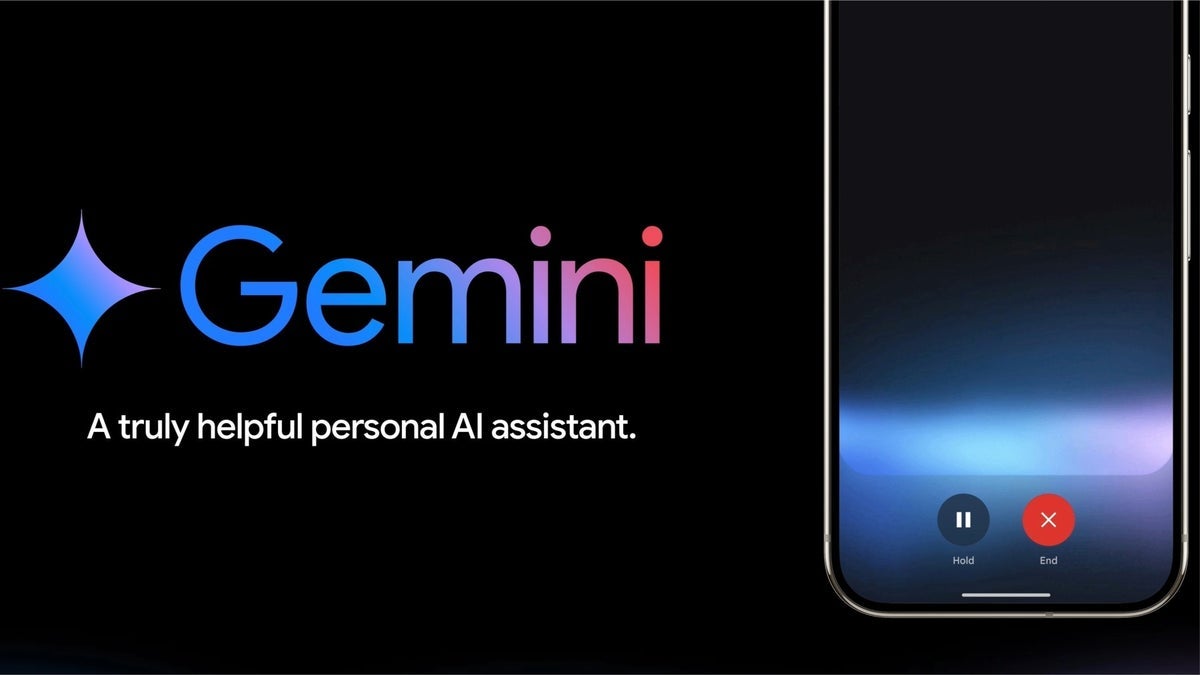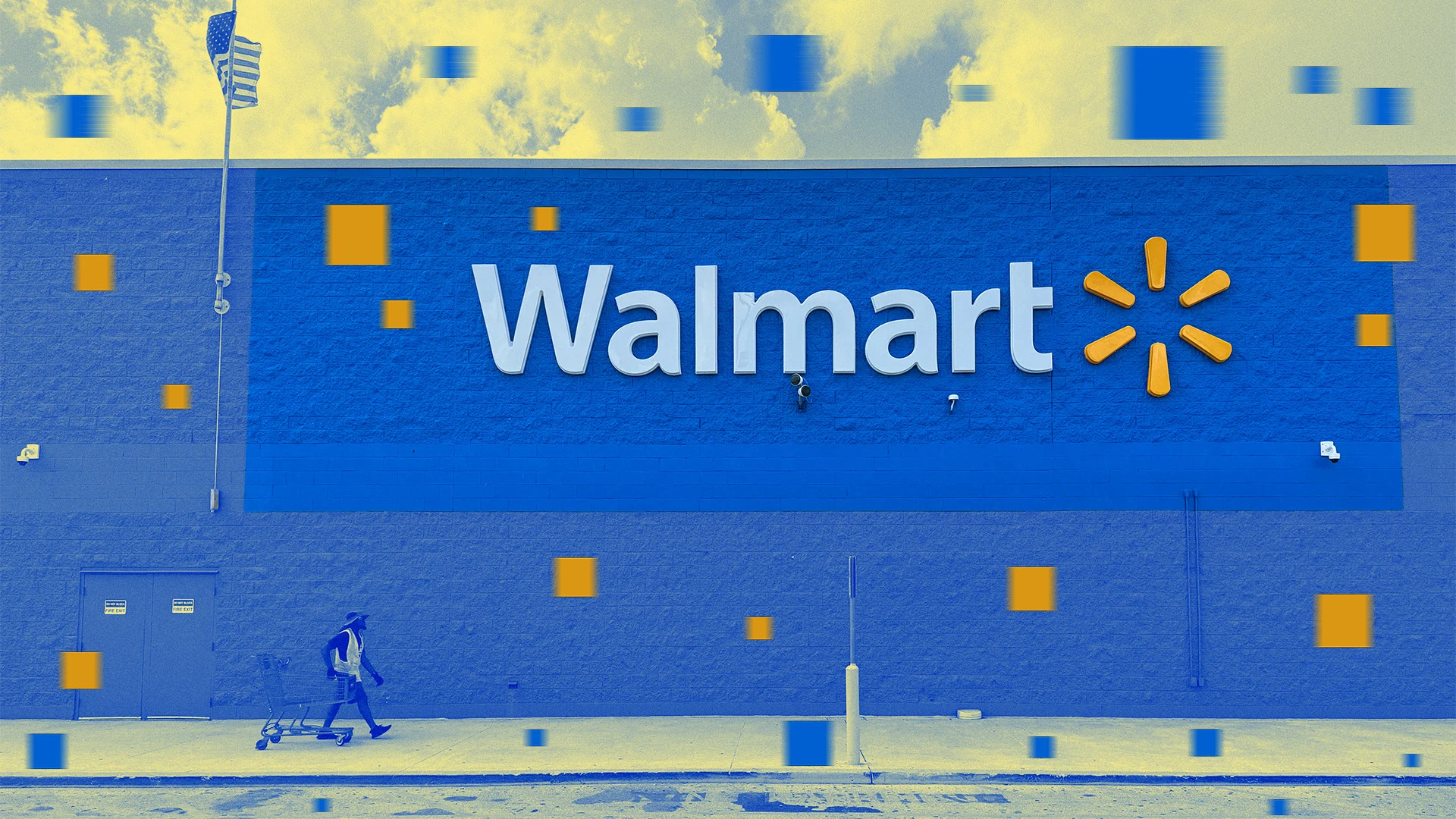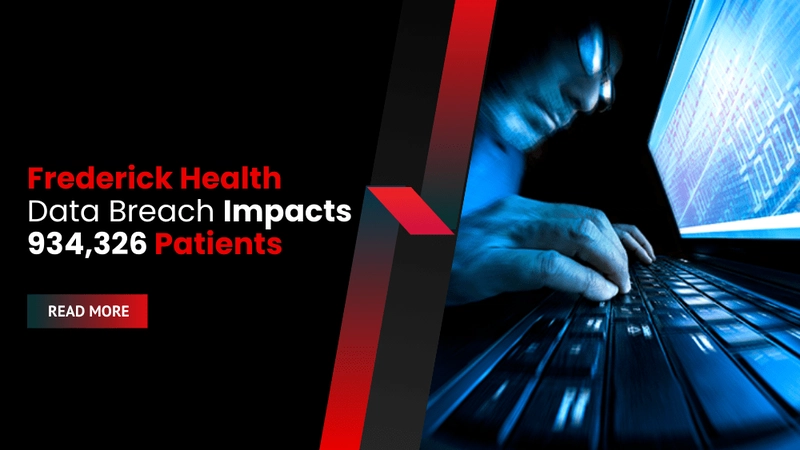Frederick Health Data Breach Exposes 934,326 Patient Records
Originally published at ssojet Image courtesy of TechRadar Frederick Health Medical Group experienced a ransomware attack on January 27, 2025, affecting nearly a million individuals. The breach involved the unauthorized access and theft of sensitive data, which includes patient names, Social Security numbers, health insurance information, and more. The organization reported that 934,326 individuals were affected, prompting notification to the U.S. Department of Health and Human Services HHS. Data Compromised The information compromised in the breach includes: Patient names Addresses Dates of birth Social Security numbers Driver's license numbers Medical record numbers Health insurance details Clinical information related to patient care This incident highlights the vulnerabilities healthcare organizations face, especially given the sensitive nature of the data they manage. The breach was reported to HHS, triggering federal breach reporting protocols BleepingComputer. Image courtesy of Security Spotlight Incident Response and Mitigation Following the ransomware attack, Frederick Health took immediate action by engaging law enforcement and a third-party forensic firm to investigate the breach. The healthcare provider has offered affected individuals free credit monitoring and identity theft protection services through IDX to mitigate potential impacts. The healthcare provider has approximately 4,000 employees and operates more than 25 locations, emphasizing the need for robust cybersecurity measures. Despite these efforts, there are ongoing concerns about the effectiveness of Frederick Health's cybersecurity protocols, as revealed by a lawsuit alleging inadequate measures prior to the attack TechRadar. Legal and Security Implications The lawsuit filed against Frederick Health raises serious allegations regarding its cybersecurity practices. It claims that the organization failed to implement reasonable security measures and did not notify affected individuals promptly after the breach. The legal actions may lead to further scrutiny of the hospital's cybersecurity protocols and their compliance with federal consumer protection laws. Tom Kleinhanzl, the hospital's president and CEO, confirmed that the attack did not target their electronic medical records system but involved unauthorized access to a shared drive containing sensitive information. The breach underlines the necessity for healthcare organizations to adopt stronger cybersecurity frameworks, including secure Single Sign-On (SSO) solutions that ensure user authentication and data protection Breach Report. Recommendations for Affected Individuals Affected individuals are encouraged to: Enroll in the offered credit monitoring and identity theft protection services immediately. Monitor financial accounts, insurance statements, and credit reports for suspicious activity. Exercise caution regarding unsolicited communications that request personal information. Frederick Health has set up a dedicated toll-free call center at 1-877-780-7840 for inquiries related to the breach and support for those impacted. More information can be found on their official notice page. Conclusion The Frederick Health data breach serves as a stark reminder of the importance of implementing secure authentication practices in healthcare and other sensitive sectors. Organizations can mitigate risks by adopting robust security solutions like SSOJet, which offers secure Single Sign-On, Multi-Factor Authentication (MFA), and user management solutions tailored for enterprise clients. By implementing these technologies, companies can enhance their cybersecurity posture and protect sensitive patient and organizational data. For more information about secure SSO and user management solutions, explore SSOJet or contact us today.

Originally published at ssojet
Image courtesy of TechRadar
Frederick Health Medical Group experienced a ransomware attack on January 27, 2025, affecting nearly a million individuals. The breach involved the unauthorized access and theft of sensitive data, which includes patient names, Social Security numbers, health insurance information, and more. The organization reported that 934,326 individuals were affected, prompting notification to the U.S. Department of Health and Human Services HHS.
Data Compromised
The information compromised in the breach includes:
- Patient names
- Addresses
- Dates of birth
- Social Security numbers
- Driver's license numbers
- Medical record numbers
- Health insurance details
- Clinical information related to patient care
This incident highlights the vulnerabilities healthcare organizations face, especially given the sensitive nature of the data they manage. The breach was reported to HHS, triggering federal breach reporting protocols BleepingComputer.
Image courtesy of Security Spotlight
Incident Response and Mitigation
Following the ransomware attack, Frederick Health took immediate action by engaging law enforcement and a third-party forensic firm to investigate the breach. The healthcare provider has offered affected individuals free credit monitoring and identity theft protection services through IDX to mitigate potential impacts.
The healthcare provider has approximately 4,000 employees and operates more than 25 locations, emphasizing the need for robust cybersecurity measures. Despite these efforts, there are ongoing concerns about the effectiveness of Frederick Health's cybersecurity protocols, as revealed by a lawsuit alleging inadequate measures prior to the attack TechRadar.
Legal and Security Implications
The lawsuit filed against Frederick Health raises serious allegations regarding its cybersecurity practices. It claims that the organization failed to implement reasonable security measures and did not notify affected individuals promptly after the breach. The legal actions may lead to further scrutiny of the hospital's cybersecurity protocols and their compliance with federal consumer protection laws.
Tom Kleinhanzl, the hospital's president and CEO, confirmed that the attack did not target their electronic medical records system but involved unauthorized access to a shared drive containing sensitive information. The breach underlines the necessity for healthcare organizations to adopt stronger cybersecurity frameworks, including secure Single Sign-On (SSO) solutions that ensure user authentication and data protection Breach Report.
Recommendations for Affected Individuals
Affected individuals are encouraged to:
- Enroll in the offered credit monitoring and identity theft protection services immediately.
- Monitor financial accounts, insurance statements, and credit reports for suspicious activity.
- Exercise caution regarding unsolicited communications that request personal information.
Frederick Health has set up a dedicated toll-free call center at 1-877-780-7840 for inquiries related to the breach and support for those impacted. More information can be found on their official notice page.
Conclusion
The Frederick Health data breach serves as a stark reminder of the importance of implementing secure authentication practices in healthcare and other sensitive sectors. Organizations can mitigate risks by adopting robust security solutions like SSOJet, which offers secure Single Sign-On, Multi-Factor Authentication (MFA), and user management solutions tailored for enterprise clients. By implementing these technologies, companies can enhance their cybersecurity posture and protect sensitive patient and organizational data. For more information about secure SSO and user management solutions, explore SSOJet or contact us today.
.jpg)












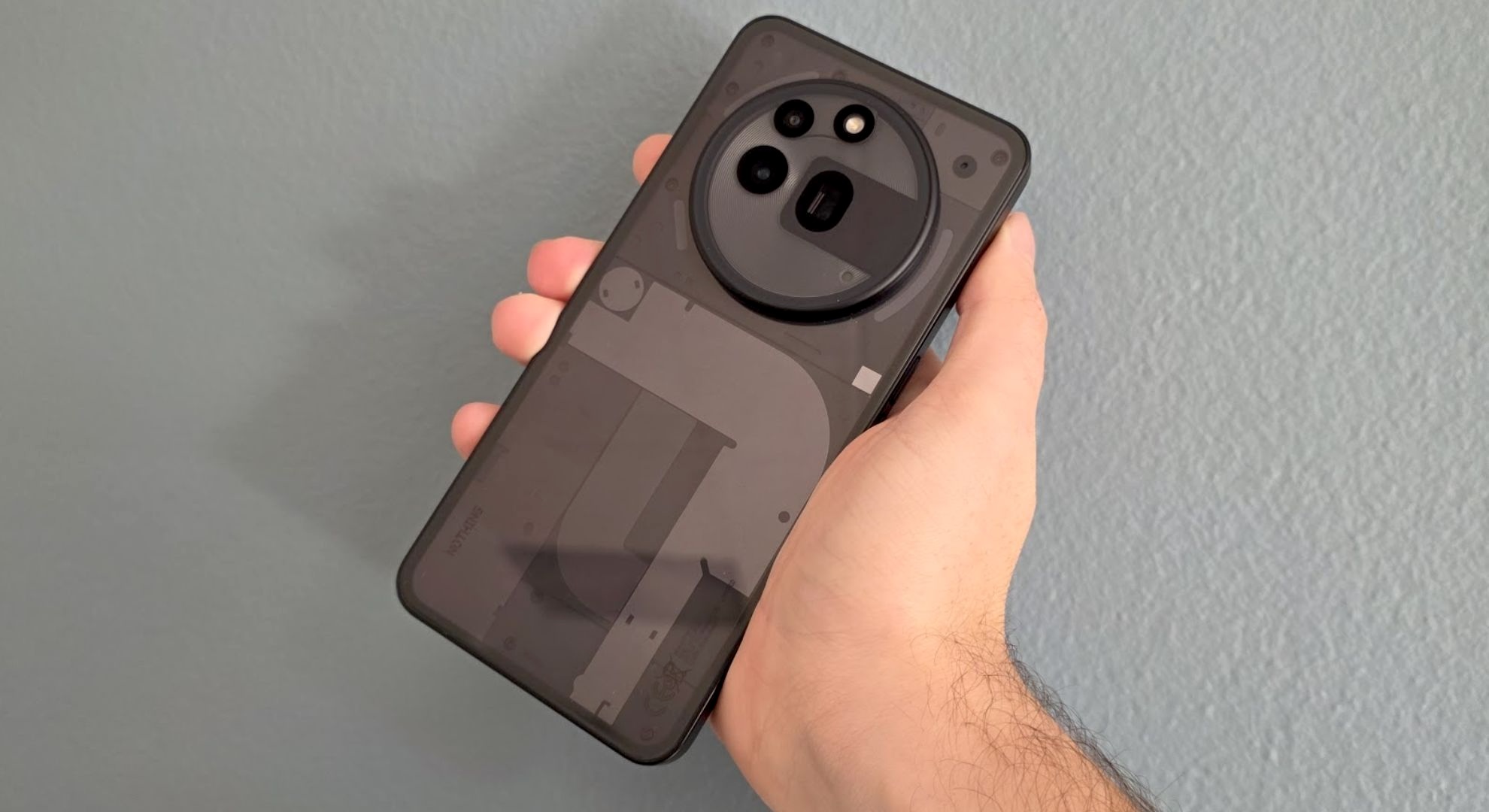



















































































































































![[The AI Show Episode 143]: ChatGPT Revenue Surge, New AGI Timelines, Amazon’s AI Agent, Claude for Education, Model Context Protocol & LLMs Pass the Turing Test](https://www.marketingaiinstitute.com/hubfs/ep%20143%20cover.png)




























































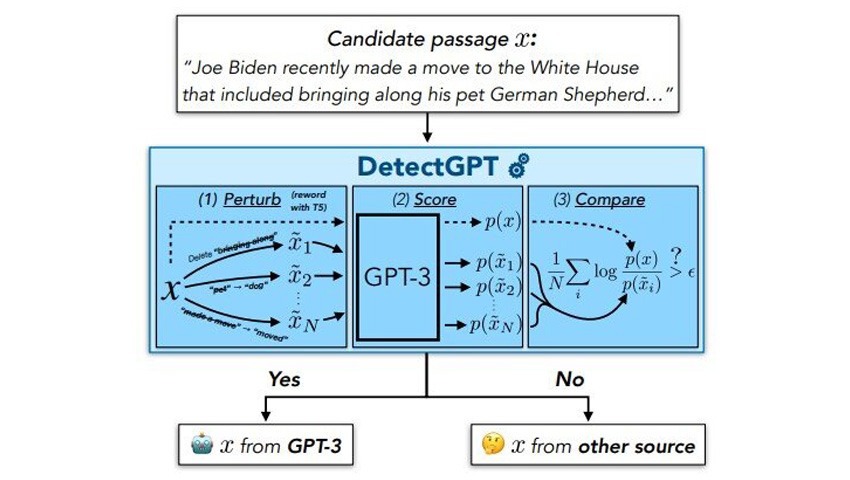

















































![[Research] Starting Web App in 2025: Vibe-coding, AI Agents….](https://media2.dev.to/dynamic/image/width%3D1000,height%3D500,fit%3Dcover,gravity%3Dauto,format%3Dauto/https:%2F%2Fdev-to-uploads.s3.amazonaws.com%2Fuploads%2Farticles%2Fby8z0auultdpyfrx5tx8.png)
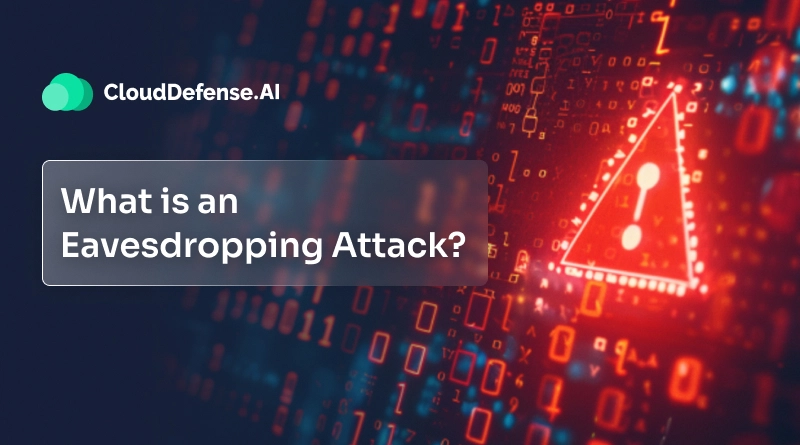













![[DEALS] Koofr Cloud Storage: Lifetime Subscription (1TB) (80% off) & Other Deals Up To 98% Off – Offers End Soon!](https://www.javacodegeeks.com/wp-content/uploads/2012/12/jcg-logo.jpg)















































-RTAガチ勢がSwitch2体験会でゼルダのラスボスを撃破して世界初のEDを流してしまう...【ゼルダの伝説ブレスオブザワイルドSwitch2-Edition】-00-06-05.png?width=1920&height=1920&fit=bounds&quality=70&format=jpg&auto=webp#)


























































































_roibu_Alamy.jpg?width=1280&auto=webp&quality=80&disable=upscale#)


.webp?#)



















































































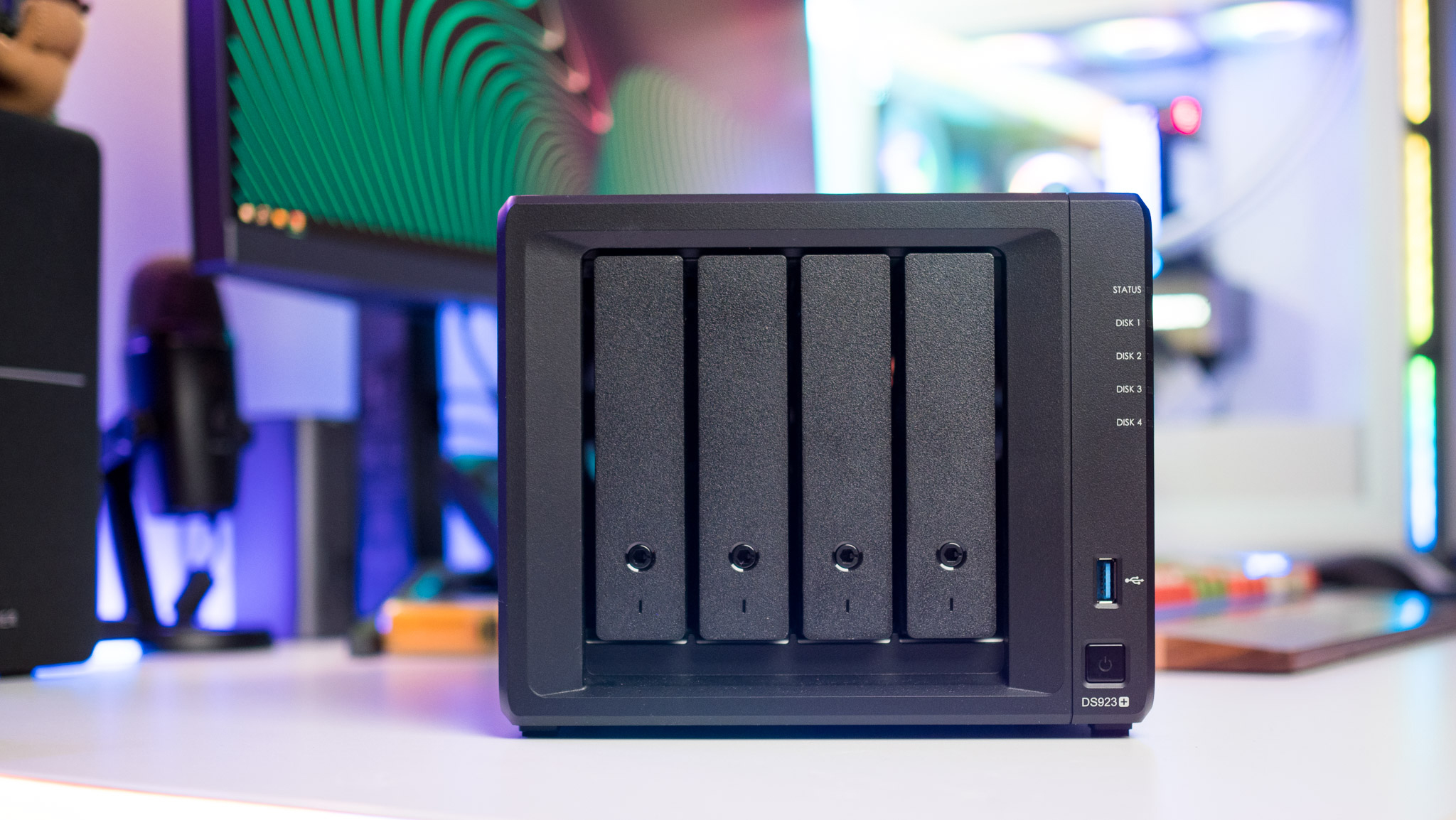
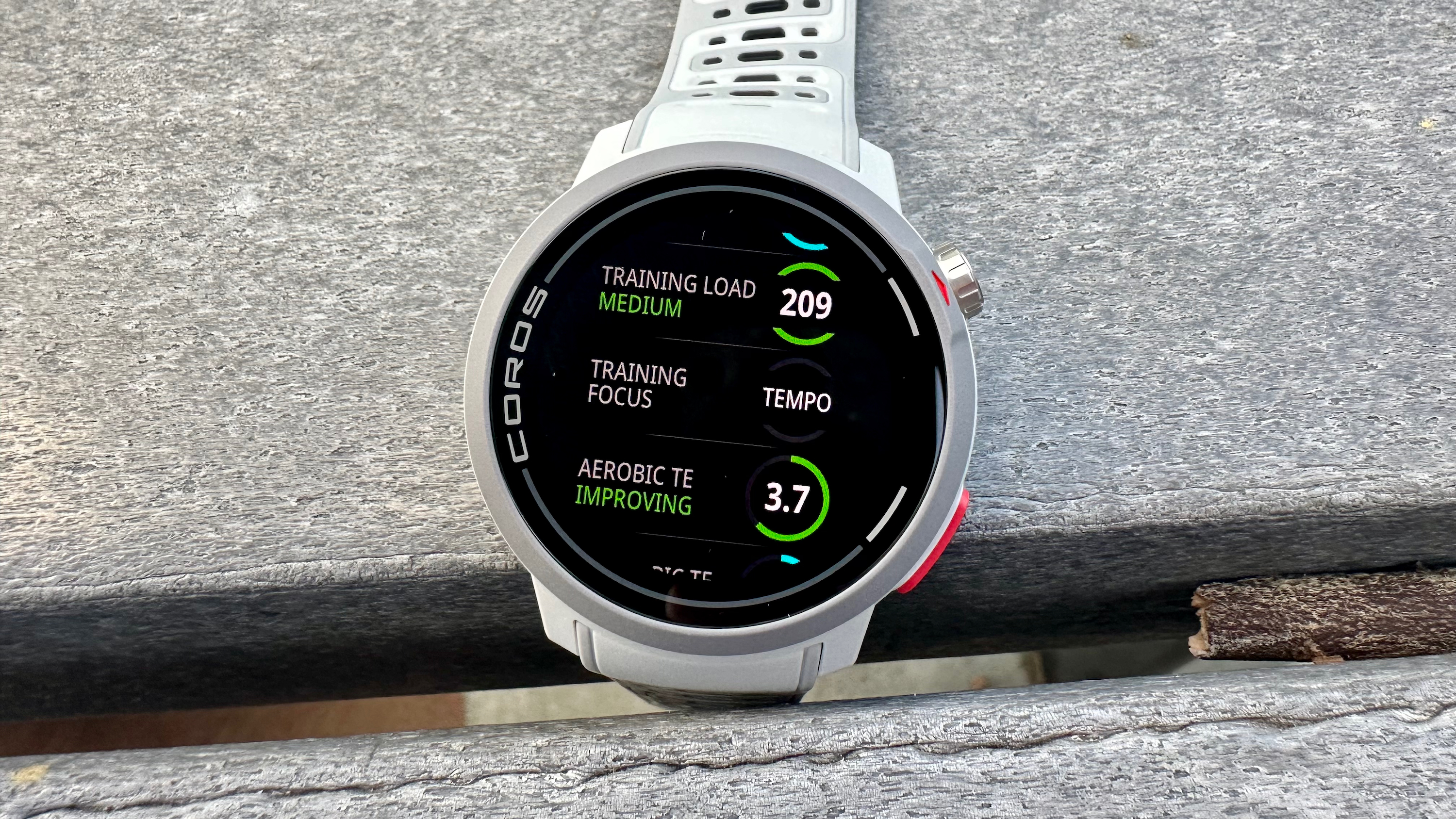


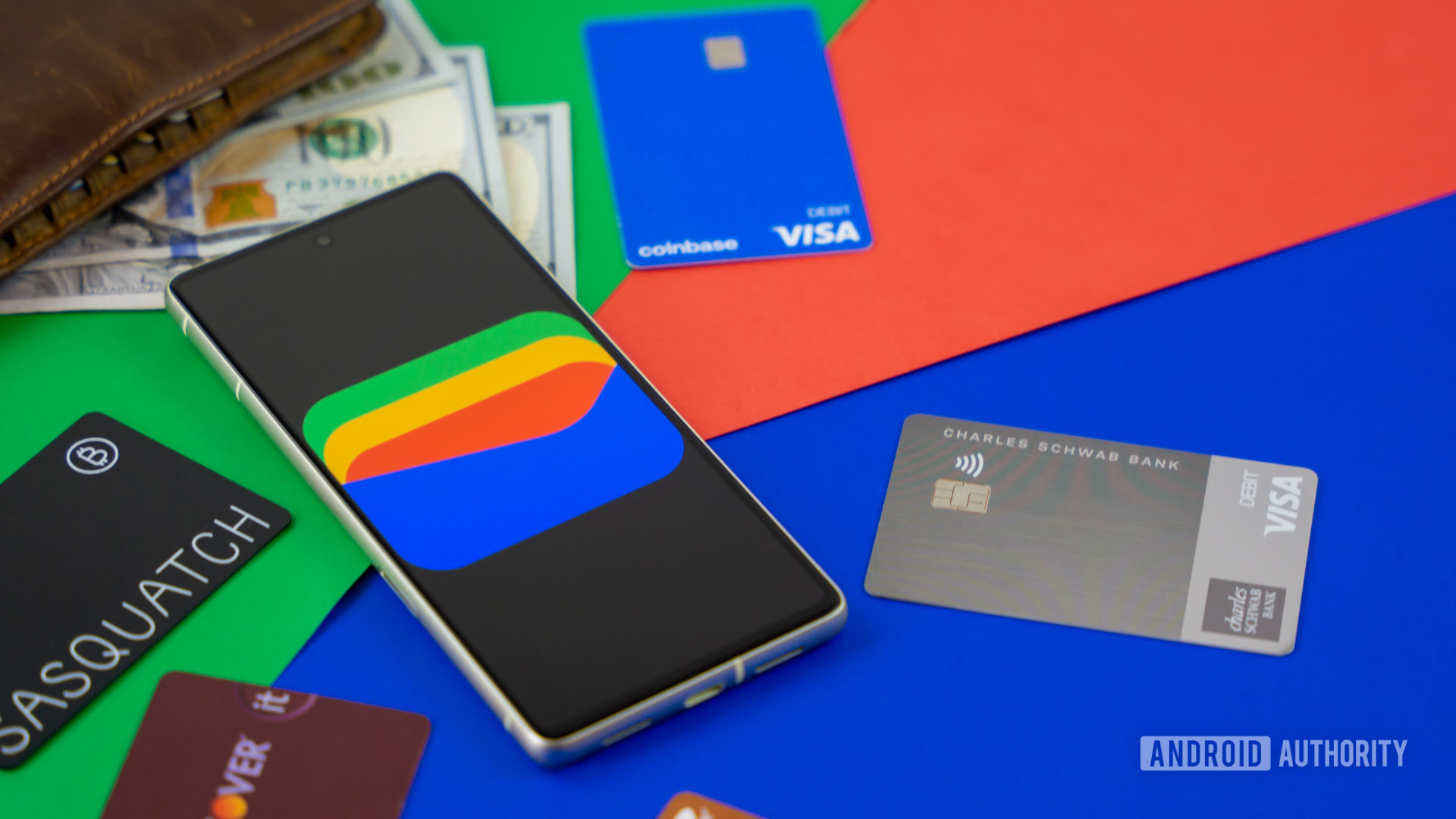

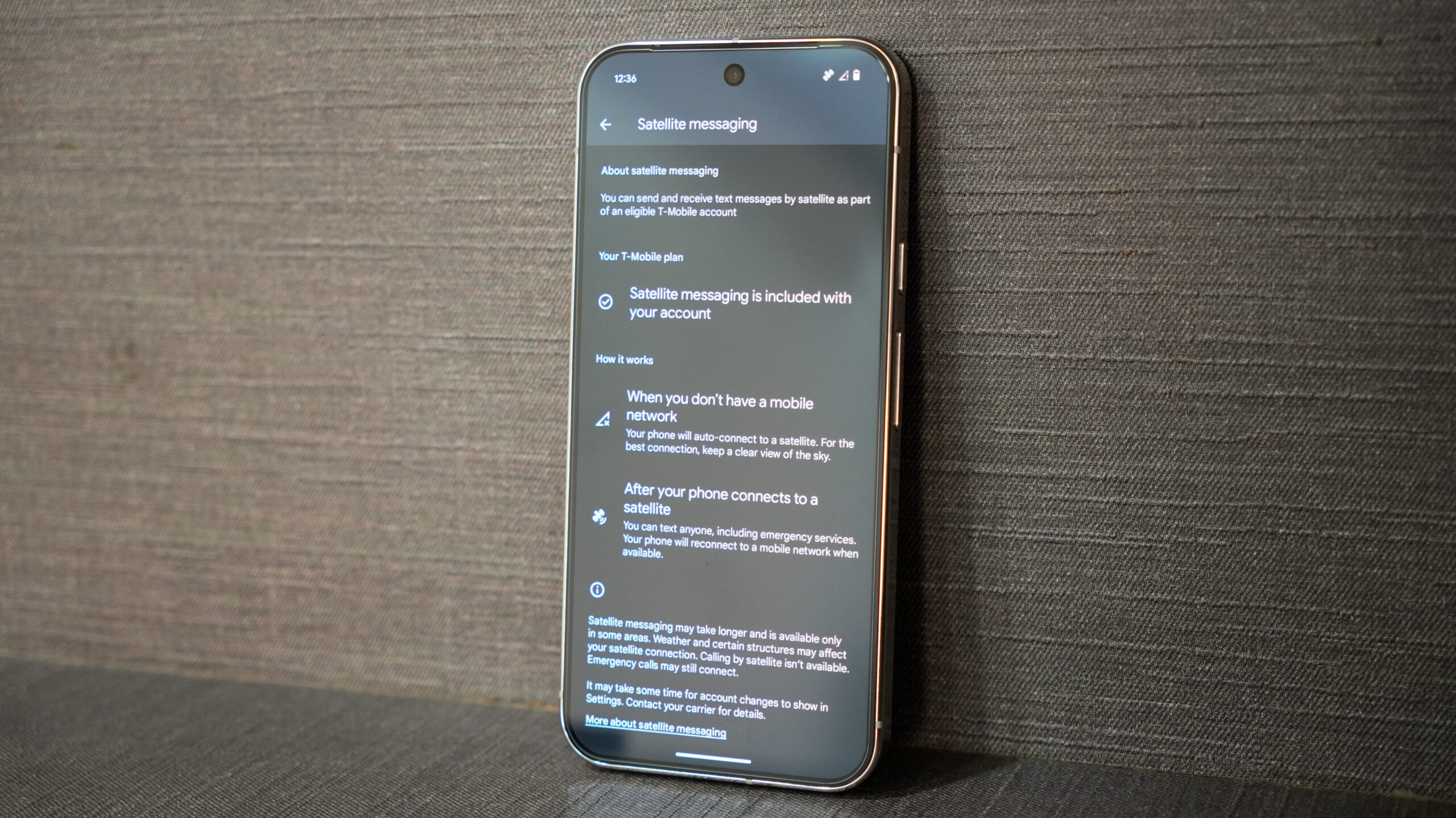
















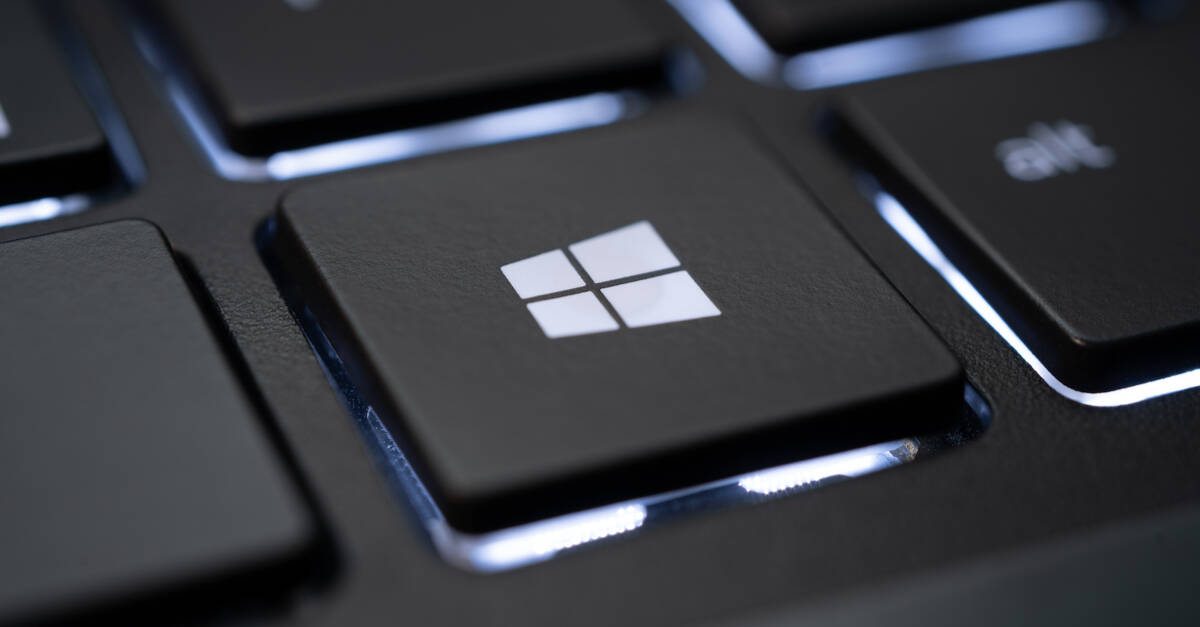


![M4 MacBook Air Drops to Just $849 - Act Fast! [Lowest Price Ever]](https://www.iclarified.com/images/news/97140/97140/97140-640.jpg)
![Apple Smart Glasses Not Close to Being Ready as Meta Targets 2025 [Gurman]](https://www.iclarified.com/images/news/97139/97139/97139-640.jpg)
![iPadOS 19 May Introduce Menu Bar, iOS 19 to Support External Displays [Rumor]](https://www.iclarified.com/images/news/97137/97137/97137-640.jpg)

















